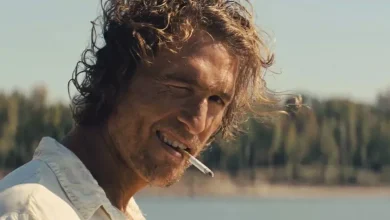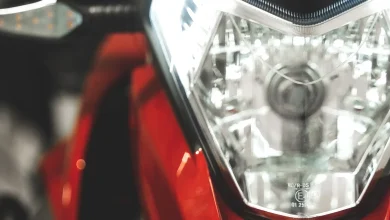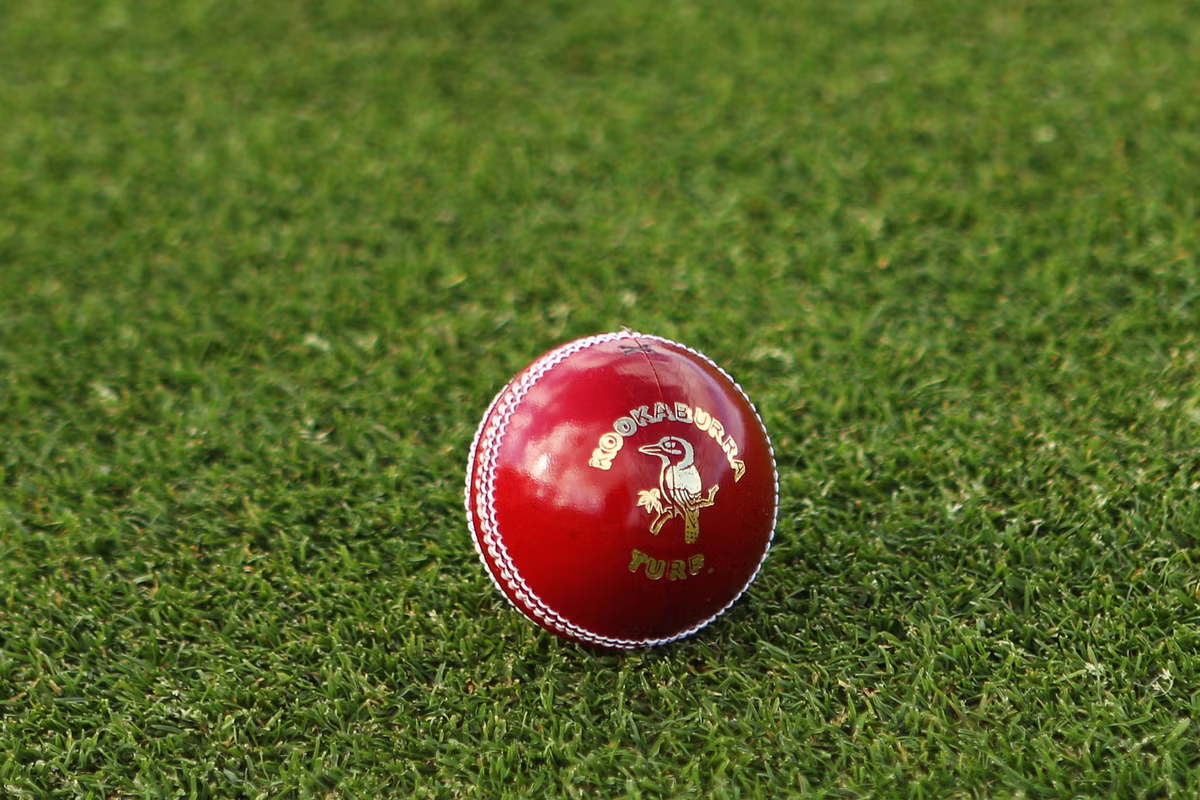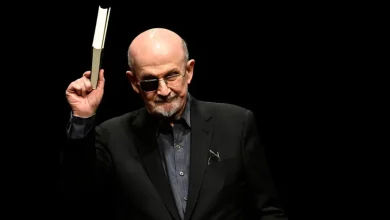The new Diana book could bring down the BBC
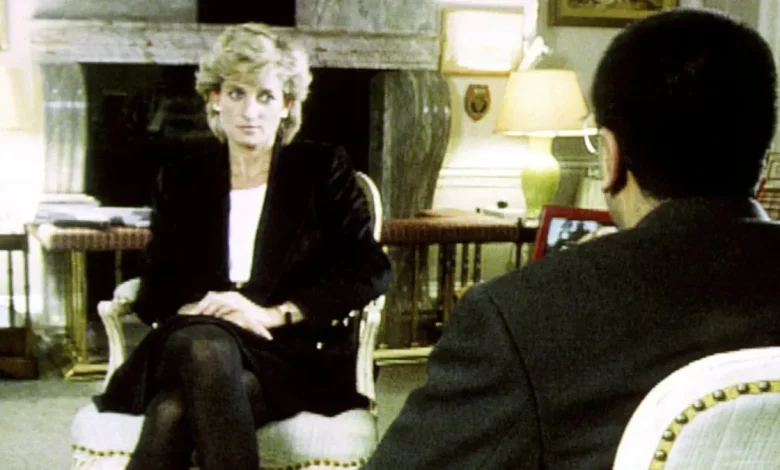
The target of Andy Webb’s sensational new book about Princess Diana’s 1995 Panorama interview is not so much the already disgraced interviewer Martin Bashir (although, he is by this further disgraced, with multiple horrifying revelations about his talent for lying), but the BBC itself.
So scathing is Webb, himself a former BBC man, of what he perceives to be the corporation’s ongoing obfuscations, dating back 30 years and, he argues, persisting still, that at one point he compares the whole thing to the phone-hacking scandal that brought down a tabloid newspaper and incurred criminal prosecutions.
It is a tale, says Webb – a journalist who paints himself as something of a crusader – not just of already proven forgeries, but of systemic, repeated cover-ups and disappeared documents. And a princess who was persuaded of such terrible (false) betrayals by those around her that, Webb and his sources say, there is a “direct line” between the events in 1995, and her death in 1997.
The intense paranoia stoked by Bashir, he says, left her in a situation where she was isolated from those who could have later best protected her. The “real story”, writes Webb, is “the BBC’s failure to mitigate the harm done to [Diana] when the chance arose”.
Webb’s timing could not be better. Dianarama: The Betrayal of Princess Diana is published within a fortnight of Tim Davie resigning from his position as director-general of the BBC following accusations of “serious and systemic” bias in the broadcaster’s coverage of issues including Donald Trump, Gaza and trans rights.
The BBC’s reputation for honesty is fragile and dented – and this book, written with the co-operation of Diana’s brother, Charles Spencer, is damning of Davie, his predecessors and, devastatingly, definitively damning of the British Broadcasting Corporation.
The book is published within a fortnight of Davie resigning from the BBC as director-general
A recap: in 1995, Martin Bashir, then a fairly unknown reporter on the flagship news show Panorama, bagged a highly coveted interview with the Princess of Wales, who was separated from, but still married to, the then-Prince Charles, not long after the Prince’s own ITV interview in which he admitted to having been unfaithful.
In the Panorama interview, watched by 200 million people around the world, Diana discussed her bulimia and self-harming, suggested that Charles would not make a good king and uttered the now-famous line: “There were three of us in this marriage, so it was a bit crowded.”
Bashir went on to win a Bafta, was poached by ITV and had a successful career as a celebrity interviewer before returning to the BBC as its head of religion.
But then, in 2020, several TV shows exposed claims that Bashir had ingratiated himself with Diana by showing her brother forged documents suggesting people close to her had taken payments from news organisations or security services for spying.
An independent investigation was launched by the BBC, headed by senior judge Lord Dyson, which eventually accused Bashir of being “devious and dishonest”. Bashir left his job and handed back the Bafta.
Job done? Not quite.
Webb considers the 2021 report a damp squib. Dyson’s brief was, for starters, limited to 1996 and no later time periods. It also described BBC personnel other than Bashir as “woefully inefficient”, rather than intentionally deceptive, a conclusion that Webb feels is itself unacceptably incurious. “Lord Dyson failed in the most important job he had: to serve the public interest.”
In this, Webb has an ally: on the publication of the report, Prince William said there were “leaders at the BBC who looked the other way”, and it was partly this comment, Webb says, that prompted his investigation, resulting in a three-year battle with the BBC to obtain documents from 1996 via the Freedom of Information Act, and this book. The result is a vigorous and heavily researched read about both Bashir’s cunning and the BBC’s ongoing shortcomings.
Webb’s style is as entertaining and energetic as a thriller (“Backlit in the soft evening sunlight, Diana bounded from a black Jaguar, smile radiant…”), although there is so much going on here that I did occasionally wish for a clear timeline, to be sure of who said what and when. I found myself sifting backwards and forwards to clarify things as Webb juggles multiple revelations and unearthed seminal documents, particularly in the second half of the book, which focuses on the minutiae of the BBC’s behaviour.
Martin Bashir’s landmark interview with Panorama, garlanded as the ‘scoop of the century’ won him a Bafta in 1996, which he was required to return following the Dyson Inquiry (Photo: Fiona Hanson/PA)
Bashir’s crookedness was not limited to the forged documents, but a litany of lies he told Diana, among them that her secrets were being sold by her private secretary Patrick Jephson (to whom Webb has plentiful access, and whose utter devastation is still clear today: “It upsets me more than I can say”). The result, inevitably, was that Diana grew paranoid, isolated and eager to trust the one person on her side: Bashir.
Incredibly, Diana was also led to believe the false stories that her children’s nanny Tiggy Legge-Bourke was having an affair with Prince Charles and had recently aborted his baby (Bashir allegedly produced a fake “abortion” receipt); that the Queen would soon abdicate; and that Charles was planning to have her and Camilla killed to make way for Legge-Bourke (Diana was so sure of this that she instructed her lawyer, Lord Mischon, to keep her words on this locked in a safe for posterity). Also, that Prince William was unwittingly recording their interactions via a souped-up Swatch watch.
Webb is incandescent at the BBC’s responses both to him and others, including Earl Spencer, over three time periods.
First, the original internal investigation into Bashir’s behaviour in 1996, when at least some top dogs absolutely knew that Bashir had forged documents, shown them to Spencer, and lied about it to his bosses. Webb uncovers a memo about the internal investigation – a sort of “treasure map” to now-disappeared documents – by the then-acting head of weekly programmes Anne Sloman, which ends with the ominous sentence: “The Diana story is probably now dead. Unless Spencer talks.”
Then there is 2005, when the BBC made a programme celebrating the 10-year anniversary of the Panorama interview. When Earl Spencer was approached for comment at the time, he wrote back to Mark Thompson, then director-general, to register his “astonishment” that they would want to revisit this period given “the truth about Panorama’s methods”. He was ignored.
Former BBC executive Tim Gardam, who would later go on to tell Lord Dyson in 2021 that he vividly remembered being “staggered” when he uncovered Bashir’s dishonesty in 1996, recalled of the Diana interview rather more fondly in the 2005 show: “One was watching something that was history.” Was it brazenness? Stupidity? Peer pressure?
And then, in 2020, Webb was making a documentary to mark the 25-year anniversary of the interview. The BBC initially claimed they had no documentation related to the Panorama interview (in court, this number would later change to 80 internal emails, and further along to a whopping 3,288). But among things Webb discovered was a document hinting very strongly that it was Earl Spencer who had initially suggested to Bashir that Diana was being spied on. This angered Spencer so much that he went to the papers and blew the lid on the whole thing (it is worth noting that he first approached Tim Davie, and he was, again, essentially ignored).
Your next read
Some of the strangest things in the book have been aired before. For example, the claim by Matt Wiessler – the graphic designer behind the forgeries (who said he blew the whistle on Bashir the moment he realised what the documents had been used for) – that he was not only blacklisted by the BBC while Bashir was promoted, but also that his house was broken into and the floppy disc containing the forgery blueprints were stolen. But tied altogether, in Webb’s meticulous and readable style and with his newly uncovered items, it is a shocking tale.
Did cover-ups lead to Diana’s death? We will never know for sure, but there is certainly a decent argument for it here. At one point, Webb queried whether any criminal activity had taken place (the Met ultimately decided not to prosecute following the Dyson report, but one can see why you’d ask the question; there were forgeries after all). The BBC’s head of communications wrote back that the mere suggestion was “risible”, perhaps summing up a decades-old, endemic attitude of defensive disbelief.
I don’t think anyone at the BBC will be laughing now.
‘Dianarama’ is published by Michael Joseph on 20 November, £22

